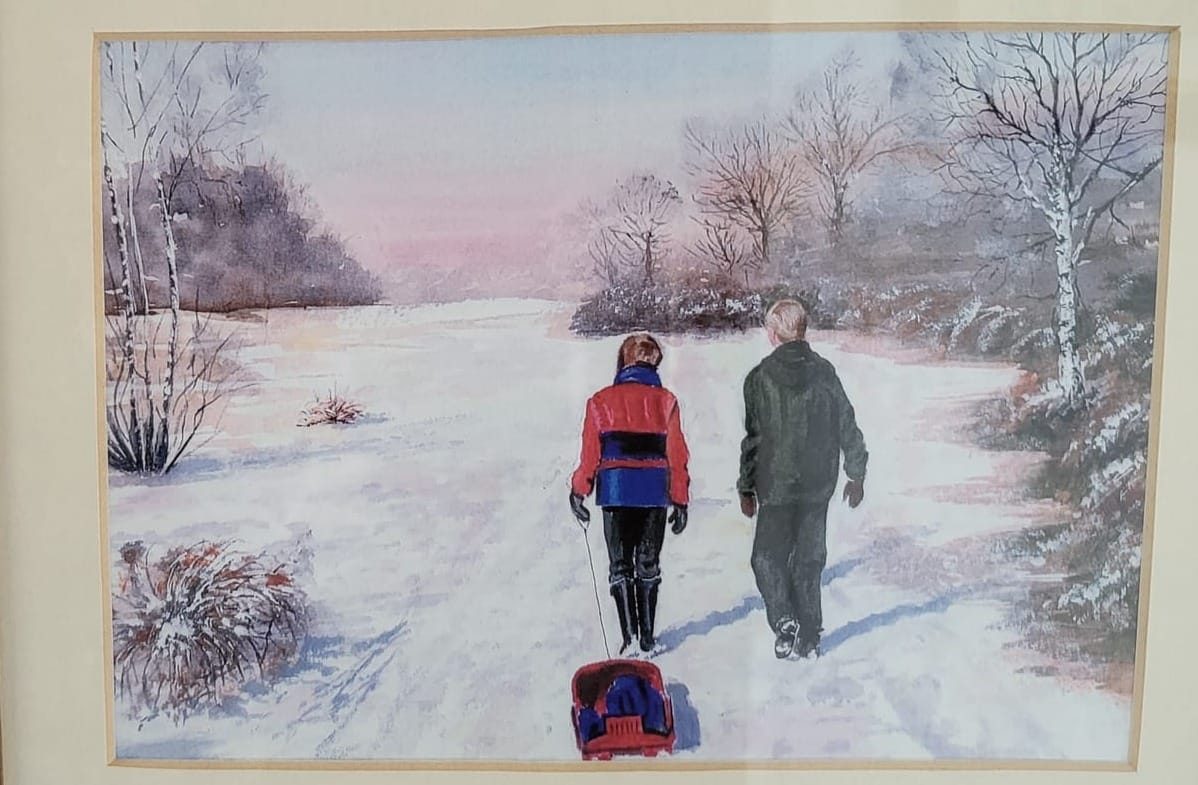My husband lost his father recently. It wasn't a shock. He was 91. But for the preceding 2 years Mathew had been supporting him as his father's dementia developed. Visiting 2 evenings, dining together and staying over, accompanying him on health visits, spending hours watching him try desperately to find words, when speech alluded him, managing finances, appointments and medication. It was a lot and whilst Mat is blessed with endless patience, it was a difficult routine to be in. The life after, has a different routine and it will take time to make this adjustment too.
Now in my 60s this is a story I hear a lot as many of my friends are also supporting aging parents. So many families are struggling to manage the demands of a parent with dementia, finding care, navigating benefits and support services. The health service must provide more support here, a central advocate who could provide guidance through difficult times, working with families to help them manage expectations and conflict.
In past generations the majority were housed by the council so naturally found space in care homes as they lost independence, but the current trend is to be cared for in your own privately owned home.
This means that the continuity of care falls onto the family. In a care home which employs permanent staff, they would notice if a resident wasn't walking so well, or missed breakfast, or if they seemed 'off' but care-givers doing home-visits are stretched beyond their capacity to stay and chit-chat. And the pool of staff is large so there could be 6, 7 or 8 people rotating to visit 1 client. They don't have the time to get to know them, so it's the visiting family who pick up the signals of decline.
Most people in this situation it seems, give their time willingly in any way they can, but the constant worry as well as practical help takes its toll, so the loss after death, is huge. Loss of purpose as well as the person.
A recent change is legislation will give people the chance to take control of end of life (within parameters) and I for one embrace this. There is no dignity in a death prolonged with pills and drips, where the family obligingly visit and talk to the shell of the person they loved in the hope they are heard. I hope the hospices will be funded to support this peaceful end, but there is more to be done.
Grief it seems is not just for the person passing, but for the people lost yet still living and the families who care for them.
